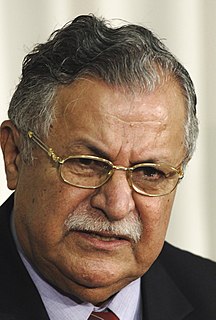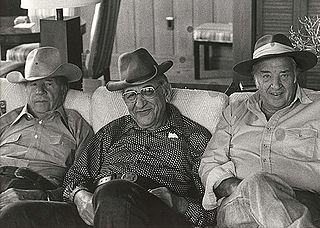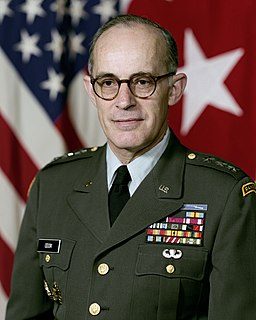A Quote by John Kasich
There is a difference between Iraq, where you have Sunni, Shia, and Kurds put together after the First World War by the Western powers. It doesn't work. It needs to break up into three parts.
Related Quotes
And on this issue of the Shia in Iraq, I think there's been a certain amount of, frankly, Terry, a kind of pop sociology in America that, you know, somehow the Shia can't get along with the Sunni and the Shia in Iraq just want to establish some kind of Islamic fundamentalist regime. There's almost no evidence of that at all. Iraq's always been very secular.
Now the world believes in Kurds, as they have become partners in that region. The West doesn't believe in the Iraqi government - not in Maliki before or Abadi today. It doesn't believe in Syria in any way, nor in Iran. So the Kurds could maybe work together with the Western world to bring stability to the region. It's a nice change, coming as it is after hundreds of years of the struggle of the Kurds.
Critics of the war plans (including myself) have pointed to the disastrous political results that must be expected: Iraq would break into three parts (Kurds in the north, Sunnis in the center, Shi'ites in the south), the Middle East would be exposed to the onslaught of Iranian fanaticism, pro-Western Arab regimes would collapse. Israel would be surrounded by aggressive Islamic fundamentalism, like the Crusader kingdom with the advent of Saladin.
If you look in the Muslim World right now, the Shia, the Sunni Muslims are standing at the brink of a pit of fire started by Western intervention and influence in pitting them against each other by exploiting their divisions. So the stage is set for war in that area of the world that would destroy that area as completely as what they are calling the failed state Libya making Syria, Afghanistan and Iraq failed states.
What we would be committed to would be a representative government where all the Iraqi people decide who should lead their nation, and lead it in a way that keeps it together as a single nation and where all parts of the nation - Shia, Sunni and Kurds - are able to live free and in peace and believe that their interests are represented by the government.
At the end of the day...if your army won't fight, it's because they don't trust their incompetent, corrupt generals, they don't trust each other. This is an enduring civil war between the Shia, the Sunni, and the Kurds. So I don't think we've got any options and we'd be ill-advised to start bombing where we really can't sort out the combatants or understand where the civilian population is.
The Kurds had always had a bad time. They were oppressed by the Ottoman empire. Then, at the end of the First World War, they were promised a homeland, but the new Turkish state refused to give them any land, while the British went and created the new state of Iraq and sent aircraft to bomb the Kurds there into submission.

































